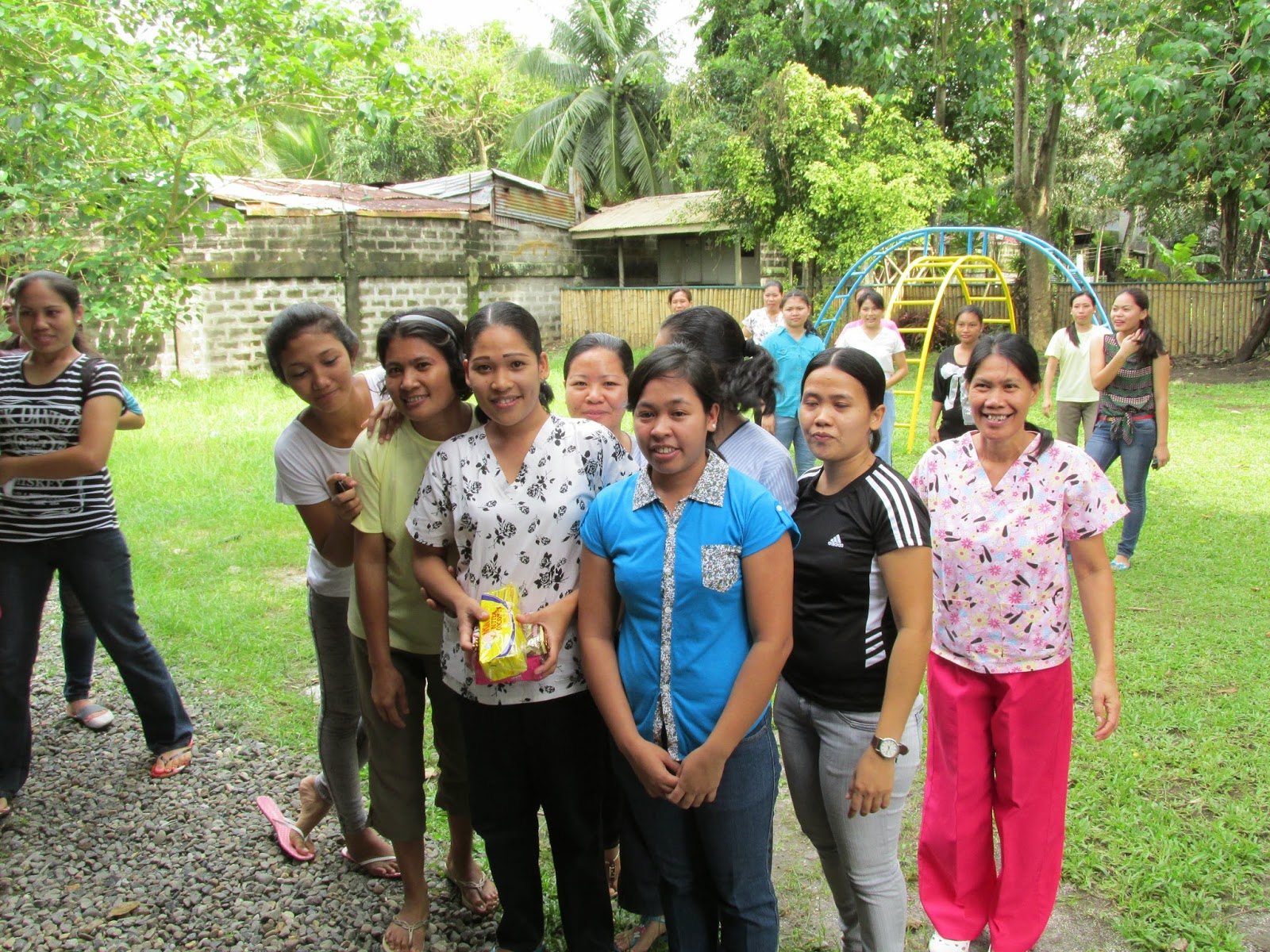The sound of children wailing, crying, and whining is a common thing you will hear in preschools in the beginning of the school year. From the security of their own homes, they are challenged to step out of their comfort zones and be under the authority and care of people who are strangers to them. School stress is said to be very common among children.
Similarly, older children experience school stress as they enter a new school year and anxiously discover their new environment. Having a new classroom, new teachers, new classmates, and sometimes, a new school, is quite a lot to handle for many.
But after some time, children learn to adjust and adapt, just like adults do. As they begin to trust their teachers and get accustomed to the routine, they begin to realize that school isn’t so bad after all and it can actually be really fun. This process may be simple and easy for some. But for others, it may take a lot more time, effort and emotional stress, not only on the child, but even more so on the parents.
 |
| First day of school stress (photo from www.nymetroparents.com) |
You see, it’s not only the child who has to adjust, it’s also the parents who need to let go and to learn to entrust their precious children fully to the care of the teachers. I’ve seen how difficult this could be for both children and parents, and it is my job as the teacher to help make this process a little bit easier.
I recently attended a talk titled “Sad, Mad, Glad: How Emotions Affect Children’s Behavior,” organized by the Philippine Mental Health Association as part of their 38thanniversary celebration. The talk was given by PMHA national president Dr. Cornelio Banaag Jr.
 |
| PMHA talk at the L' Fisher Hotel ballroom |
It was a very informative and inspiring talk given to an audience of doctors, teachers, school administrators, parents and members of PMHA. Personally, I learned more about child development and how to help them with the difficulties they encounter. But there was one statement that really struck me, which I really took to heart.
 |
| Dr. Cornelio Banaag Jr. |
Dr. Banaag talked about how discipline is very important in helping children regulate their emotions. Self-regulation, or attaining EQ (emotional quotient or emotional intelligence), as we know in recent studies, is one of the most important life-skills that makes an individual successful and happy in life. But the foundation of self-regulation is discipline, and to this, one of the things he said was…
“For TIME OUT to work, there must be a lot of TIME IN.”
Most of us practice letting our children have “time out” whenever they misbehave. Letting them sit on the “thinking chair” is the same principle, which allows them to calm down, take a breather and think about the misbehavior that just happened and how they can behave better next time.
But for these “time outs” to work and for discipline to be effective, Dr. Banaag emphasizes the importance of establishing a good relationship with the child first, or what he refers to as “time in.”
This also means that for a child to respect authority, he must first and foremost feel genuinely loved and cared for by the person in authority. Persons in authority need to give a lot of “time in,” so that when correction is necessary, he or she can be firm and yet be respected by the child.
As I was reminded about this, I immediately put it into practice in school the next day. And true enough, I was able to win a child over just by deciding to spend the morning with him. The child who was wailing for weeks, showing his protest in being separated from his parents, became securely independent in class that same morning… all because I gave some “time in.”
 |
My Co-Teacher Ria Corral and our
self-regulated students Maria and Gabby |
So dear parents, remember to ask yourselves this question whenever you feel that your discipline strategies are not working: Have you invested a lot of time in?
On the other hand, some parents may have given a lot of time in, but are very loose in discipline. Remember that our children also need firm but loving discipline.
For our children to be happy, self-regulated and disciplined individuals, we need to give them the right balance of firm discipline with a lot of love. And as they say, love is spelled T-I-M-E.*
 |
Disciplined and Self-Regulated Children are happy children!
(photo from baronessco.tumblr.com) |
(Published for Breathing Gratitude, Sun Star Bacolod Lifestyle Section on July 3, 2014)

























































